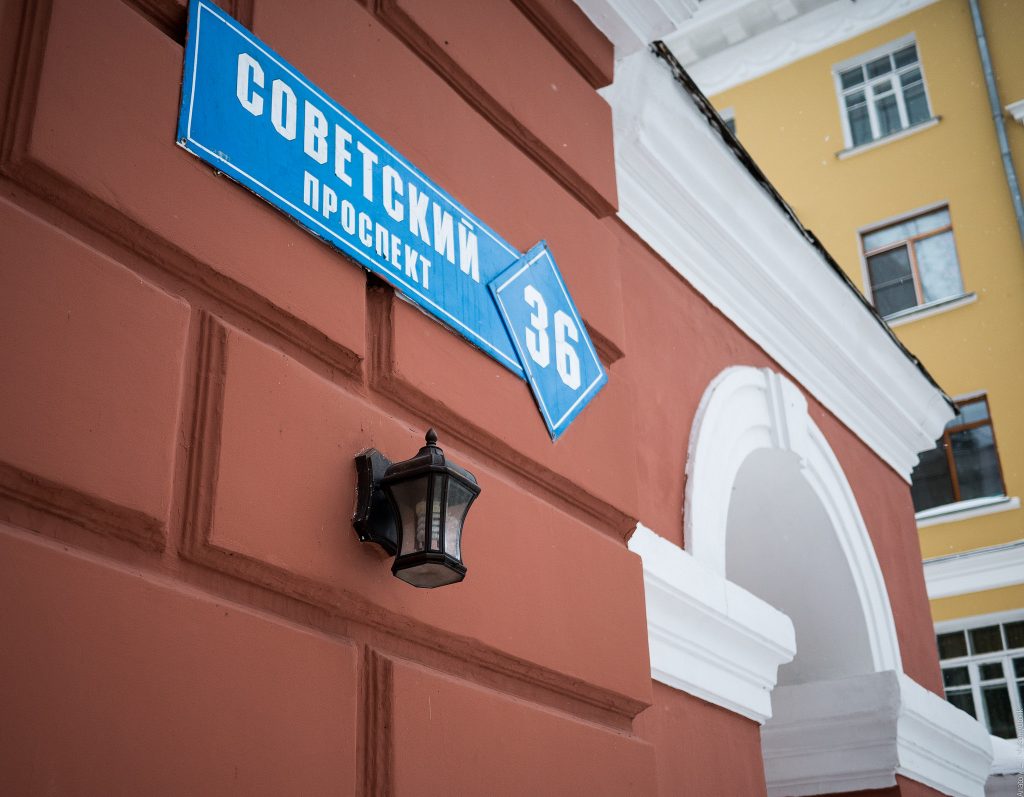3 Incorrect Assumptions about Native Russian Speakers Posted by Maria on Oct 10, 2017 in Culture, language
I sometimes hear statements about fluent Russian speakers abroad that are based on certain incorrect assumptions. Some of our readers know better, but others may discover something new from this post.
Because this post touches upon deeply personal aspects of identity, language, ancestry, and political affiliation, it is quite natural that people will have different reactions to it. Please be respectful of the blog team and your fellow readers in your comments.
If a person speaks Russian natively, it does not necessarily mean that……that person comes from Russia
As we wrote before on this blog, Russian is spoken in multiple countries outside Russia, sometimes by people who have only been to Russia as a tourist (турист), during an airport layover (пересадка), or not at all.
Because of both voluntary and forced migration and the policy of Russification (русификация) in the Soviet Union, people born or long established in other former Soviet republics will sometimes speak Russian as their first language to the point where you could not tell that person’s accent apart from that of a person in Russia. Many of these people will also speak the primary language of their country of residence or citizenship (гражданство), which has been encouraged since the fall of the USSR as a means of promoting independence (независимость) and limiting the influence (влияние) of Russian media (СМИ, pronounced сми).
It is, therefore, unwise to assume that a native speaker of Russian comes from Russia.
…that person is ethnically Russian
“Oh, so they are a member of the Russian diaspora in their country?” Again, not necessarily. People who claim no Russian ancestry (русское происхождение) do sometimes speak Russian as their first language (родной язык).
According to Wikipedia, 16% of the population in Moldova “speak it as first language in daily use, including 130,000 ethnic Moldovans.” This post does not mean to gloss over the forced Russification of these territories under Tsarist or Soviet Russia; however, one of the consequences of these policies is that there are non-Russian speakers of Russian abroad.
In other words, a native speaker of Russian outside Russia is not always of Russian ancestry.
…that person supports the current Russian regime or foreign policy
“Surely people who speak Russian in other countries align themselves with the Russian government?” Yet again, this is not always the case.
Even though the Russian government (правительство) may “[count] some 35 million Russians and Russian speakers abroad as compatriots” and justify foreign policy (внешняя политика) decisions by the need to “protect” their interests, these people do not always share that outlook. For instance, a 2014 study found that “In Ukraine, among Russian-speakers, 74 percent were supportive of the [Euromaidan] protests, and only a quarter were opposed.”
Basically, you cannot assume a person supports the Russian government just because they speak Russian natively.
Do you have any examples of any of these cases from your life?

Build vocabulary, practice pronunciation, and more with Transparent Language Online. Available anytime, anywhere, on any device.






Comments:
Anyse:
Oh, it is so true that many native Russian speakers are not Russian. Now, I live in Kyrgyzstan’s capitol city of Bishkek. I also travel to Kazakhstan. Being former Soviet satellites, Russian is quite common here and, well, they look more Turko-Chinese and other ethnicities. Stereotypes do NOT work! Just take people one at a time; it is the best thing to do.
Maria:
@Anyse That’s a wonderful principle to follow when dealing with people in general.
Ashley Roffe:
I am English, not simply British as the government wishes to categorise us all; therefore my first language is English.
Ask people from India or one of the many other countries of the world which we abused during the days of the British Empire whether they consider themselves English simply because they speak our language.
This is not a phenomenon exclusive to Russia.
Maria:
@Ashley Roffe That’s a great analogy, Ashley. I wonder if people in the proverbial “West” are less aware of other Russophone countries, as compared to Anglo-/Franco-/Lusophone, because Russian does not always have official status in all countries where Russian speakers live? E.g., the Russian speakers I’ve met in the US have been from Latvia, Moldova, Ukraine, and Kazakhstan, but they all sometimes get label[l]ed “Russian.”